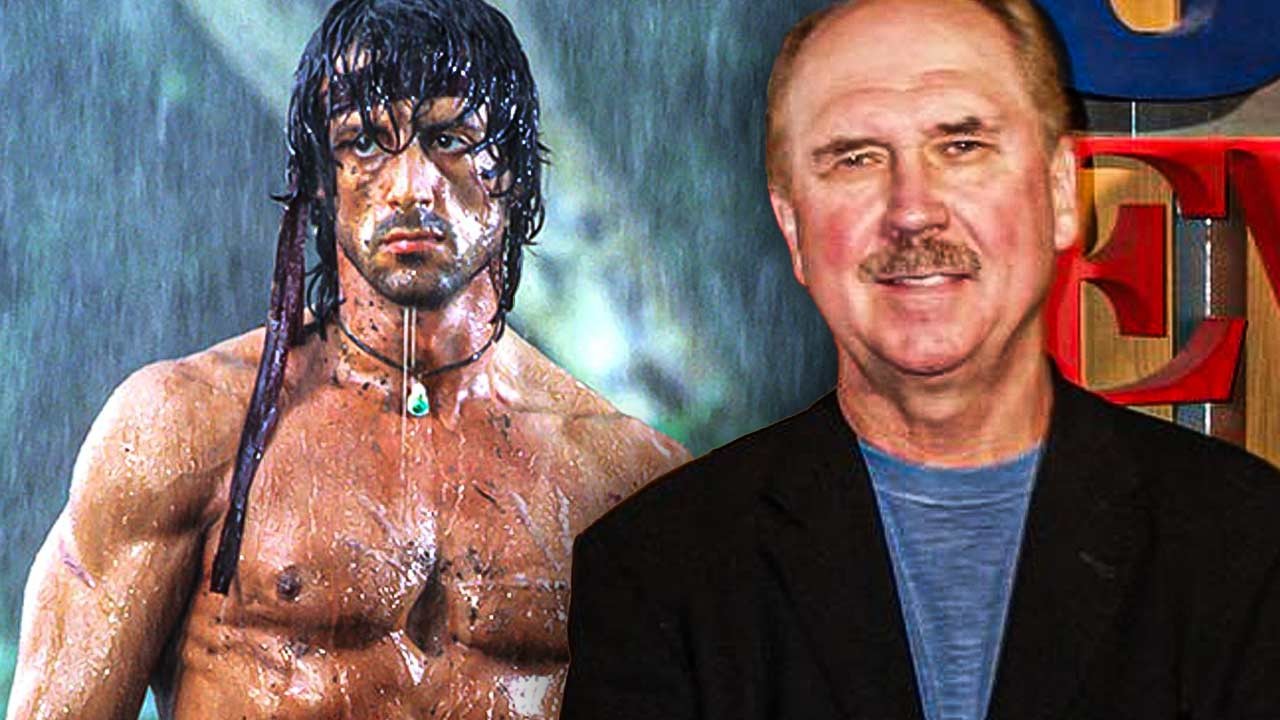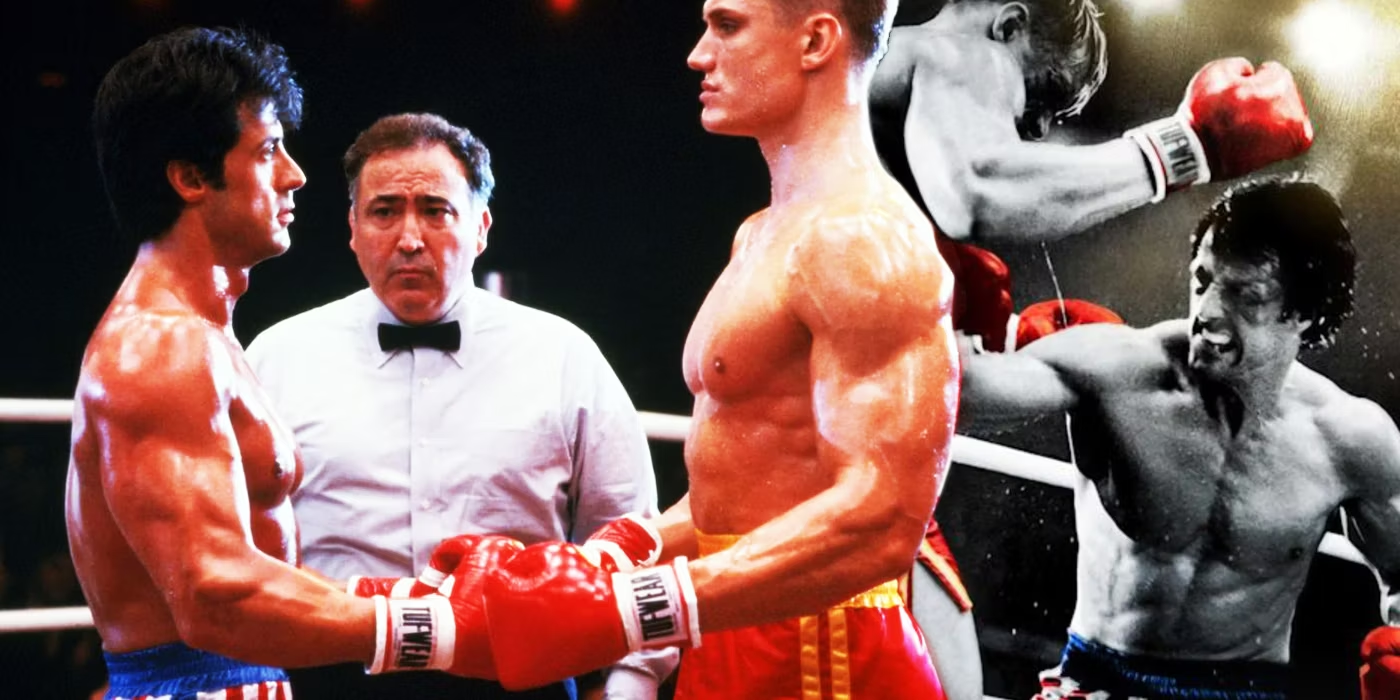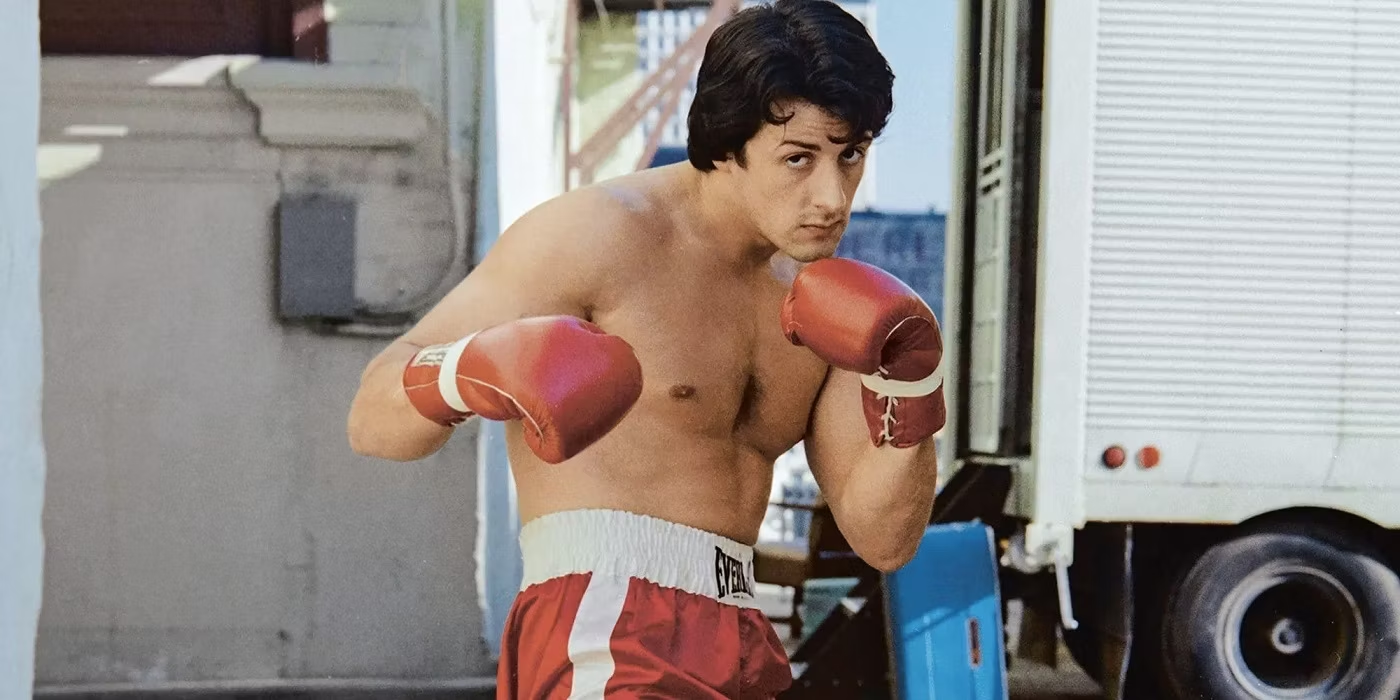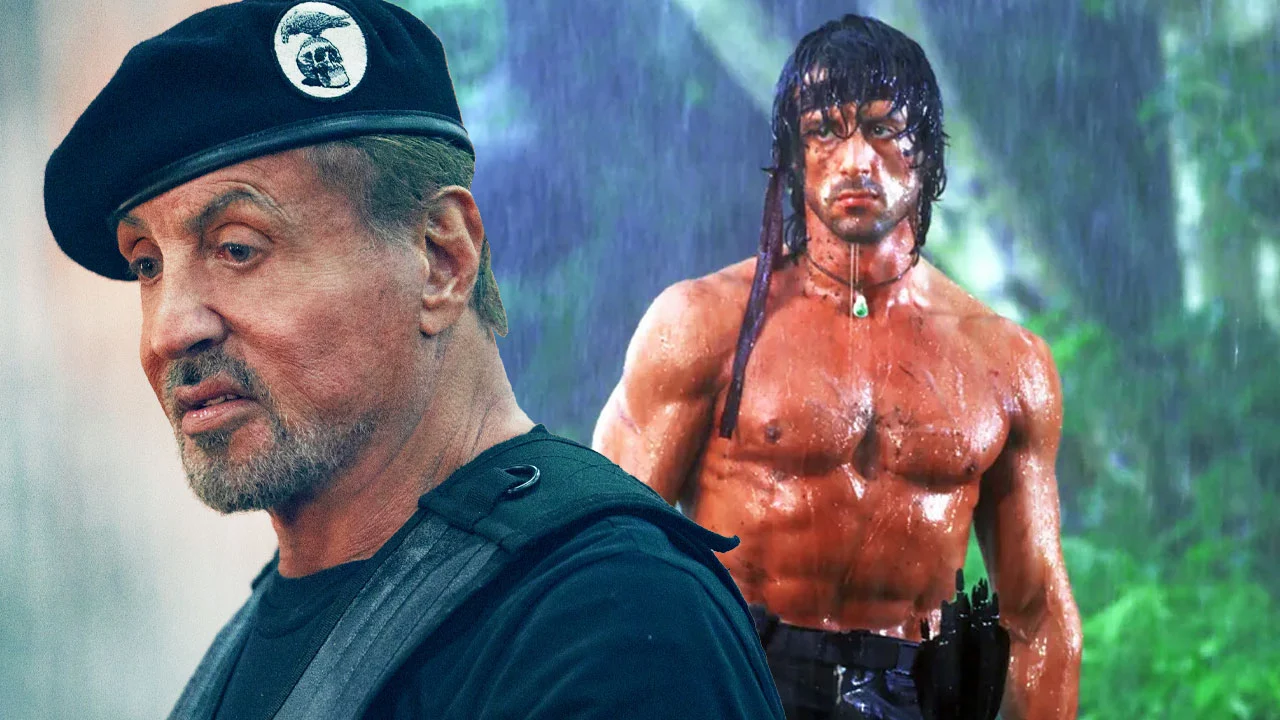Sylvester Stallone, an icon of the action genre, almost concluded his beloved Rocky series with just three films, a decision that would have dramatically altered the trajectory of this billion-dollar franchise. The series, which catapulted Stallone to stardom, ultimately extended to six films and spawned three successful spinoffs centered on Adonis Creed. This article delves into Stallone’s original plans and the potential cultural impact of a truncated Rocky saga.

The Rise of a Box Office Titan
It’s hard to imagine the film landscape without the enduring presence of Rocky Balboa, the underdog boxer from Philadelphia. Sylvester Stallone not only starred in but also penned the script for the original Rocky, a low-budget film that turned into the highest-grossing movie of 1976. Stallone’s portrayal of the titular character’s bout against a reigning champion captured the hearts of audiences worldwide, making Rocky a household name and Stallone a star overnight.
The success of Rocky gave rise to multiple sequels, with Stallone taking over directing duties from the second film onward. Despite varying critical receptions, the sequels cemented Rocky’s place in pop culture, with moments from the films becoming iconic. The franchise’s expansion continued with the Creed spinoffs, focusing on Adonis Creed, the son of Rocky’s rival-turned-friend Apollo Creed.
Stallone’s Original Curtain Call
In a revealing interview with film critic Roger Ebert back in 1979, Sylvester Stallone shared that he initially intended to conclude Rocky’s story with the third installment. He expressed a desire to shift his creative focus towards exploring love relationships and the complexities of the female psyche, hinting at a move away from action-heavy narratives.

“I want to turn my attention to movies about love relationships. Exploring the female psyche – there ought to be some interesting discoveries there. Love stories. If you do it right, people want to hear romantic dialog,”
Stallone remarked during the interview. He emphatically added that there would never be a “Rocky IV,” signaling his intent to end the series and explore new cinematic territories.
A Glimpse into What Could Have Been: Rocky III’s Grand Finale
Despite his reservations, Stallone continued with the Rocky series, which saw three more films after the third, including the well-received Rocky IV. However, Stallone’s vision for Rocky III was nothing short of spectacular, with plans to set the final showdown in Rome’s iconic Coliseum, imagining Rocky as the last gladiator in a globally broadcast match.
“His last bout will be in the Roman Coliseum, carried worldwide by satellite. Can you see it? Rocky in the Coliseum? The last gladiator? And, for training, running up the Spanish Steps? And, Rocky’s deeply religious; can you imagine him inside St. Peter’s?”
Stallone mused about his ambitious plans. He even considered incorporating a meeting with the Pope into the film’s narrative, a testament to the grand scale he envisioned for Rocky’s finale.

The Legacy Continues
While Stallone’s original plans for a trilogy never materialized, the extended Rocky franchise continued to thrive, amassing a total of $1.9 billion at the box office. The series not only showcased Stallone’s evolution as a filmmaker but also continued to inspire audiences with its themes of perseverance and redemption.
Rocky’s journey may not have ended in the Roman Coliseum, but his legacy endures, proving that some stories are too compelling to conclude prematurely. All Rocky films, including the celebrated spinoffs, are available for rent on platforms like Apple TV, ensuring that new generations can experience the thrill and drama of this quintessential sports saga.

